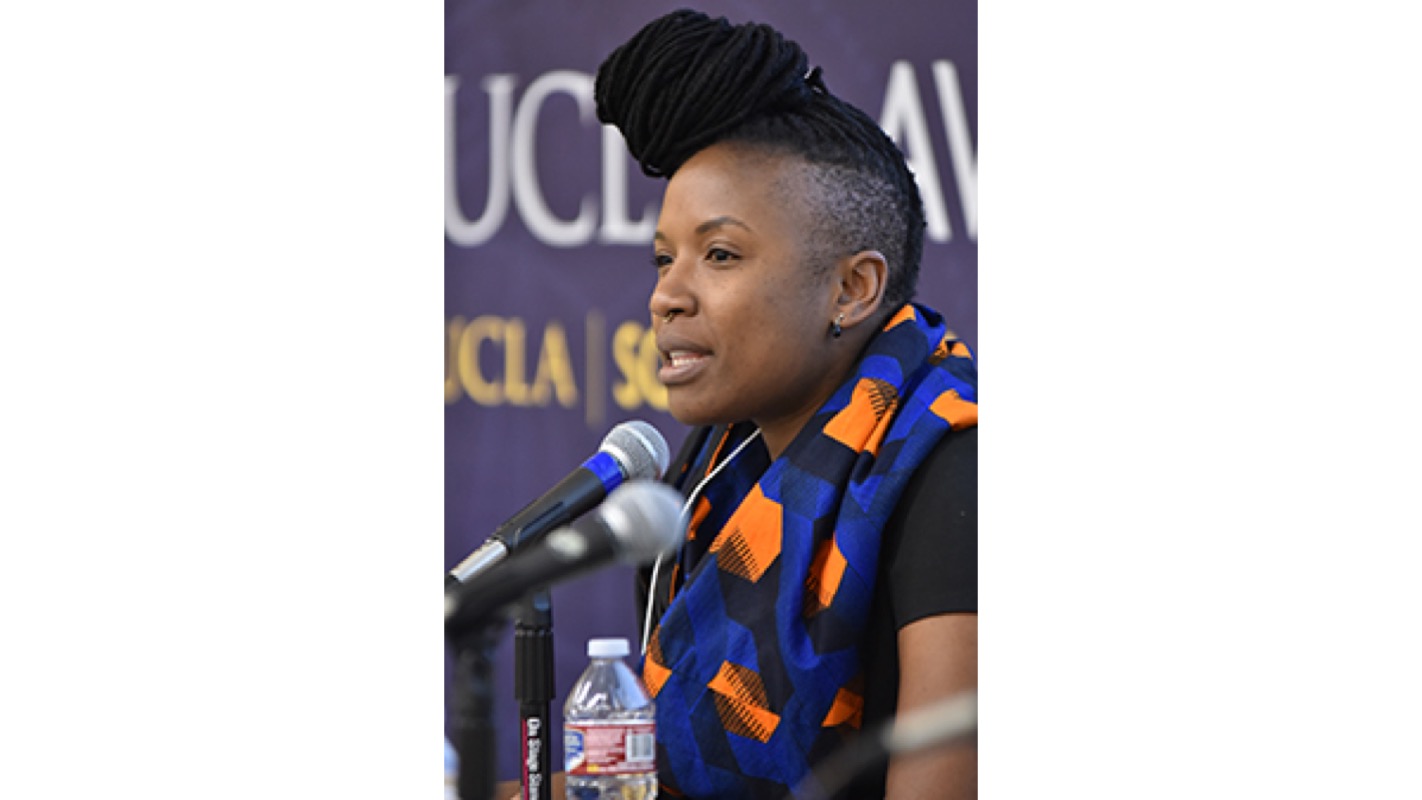Human Rights Council Appoints First Female Rapporteur on Racism
Geneva, Switzerland. October 13, 2017. The Human Rights Council concluded its 36th regular session on September 29, during which it appointed Professor Tendayi Achiume from Zambia as the new Special Rapporteur on contemporary forms of racism, racial discrimination, xenophobia and related intolerance. Race and Equality applauds the move since Ms. Achiume is the first woman […]

Geneva, Switzerland. October 13, 2017. The Human Rights Council concluded its 36th regular session on September 29, during which it appointed Professor Tendayi Achiume from Zambia as the new Special Rapporteur on contemporary forms of racism, racial discrimination, xenophobia and related intolerance.
Race and Equality applauds the move since Ms. Achiume is the first woman to be appointed to this mandate since its creation in 1993. Four African men have held the mandate since then.
Ms. Achiume is Assistant Professor of Law at UCLA School of Law. She is also a Research Associate with the African Centre for Migration and Society at the University of Witwatersrand, she earned her B.A. and her J.D from Yale University. Professor Achiume’s publications include: “The Fact of Xenophobia and the Fiction of State Sovereignty: A Reply to Blocher and Gulati,” Columbia Human Rights Law Review Online (2017) and “Beyond Prejudice: Structural Xenophobic Discrimination Against Refugees” Georgetown Journal of International Law (2014).
Other new appointments included Marie-Evelyne Petrus (France) to the Working Group of Experts on People of African Descent, while Meskerem Techane (Ethiopia), Melissa Upreti (Nepal), Ivana Radaèiæ (Croatia), and Elizabeth Broderick (Australia) were appointed members of the Working Group on the issue of discrimination against women in law and in practice. In addition, Ms. Alice Cruz (Portugal) was appointed as the Special Rapporteur on the elimination of discrimination against persons affected by leprosy and their family members.
Ambassador Joaquin Alexander Maza Martelli of El Salvador, President of the Council, opened the 36th session on September 11. The Council then heard an oral update by the United Nations High Commissioner for Human Rights, Zeid Ra’ad Al Hussein, on human rights concerns in forty countries, which is featured in our previous article.
Over the course of the three week-session, the Council heard from 17 independent experts and groups, two commissions of inquiries (Burundi and Syria), and the fact-finding mission on Myanmar. The Council held four panel discussions and adopted the outcomes of the Universal Periodic Review of Bahrain, Ecuador, Tunisia, Morocco, Indonesia, Finland, United Kingdom, India, Brazil, Philippines, Algeria, Poland, Netherlands, and South Africa.
The next session (37th), will be held in the Human Rights and Alliance of Civilizations Room of the Palais des Nations in Geneva from February 26 to March 23, 2018.

